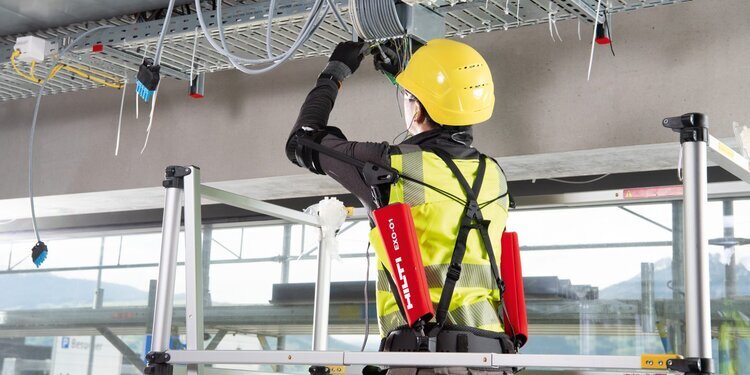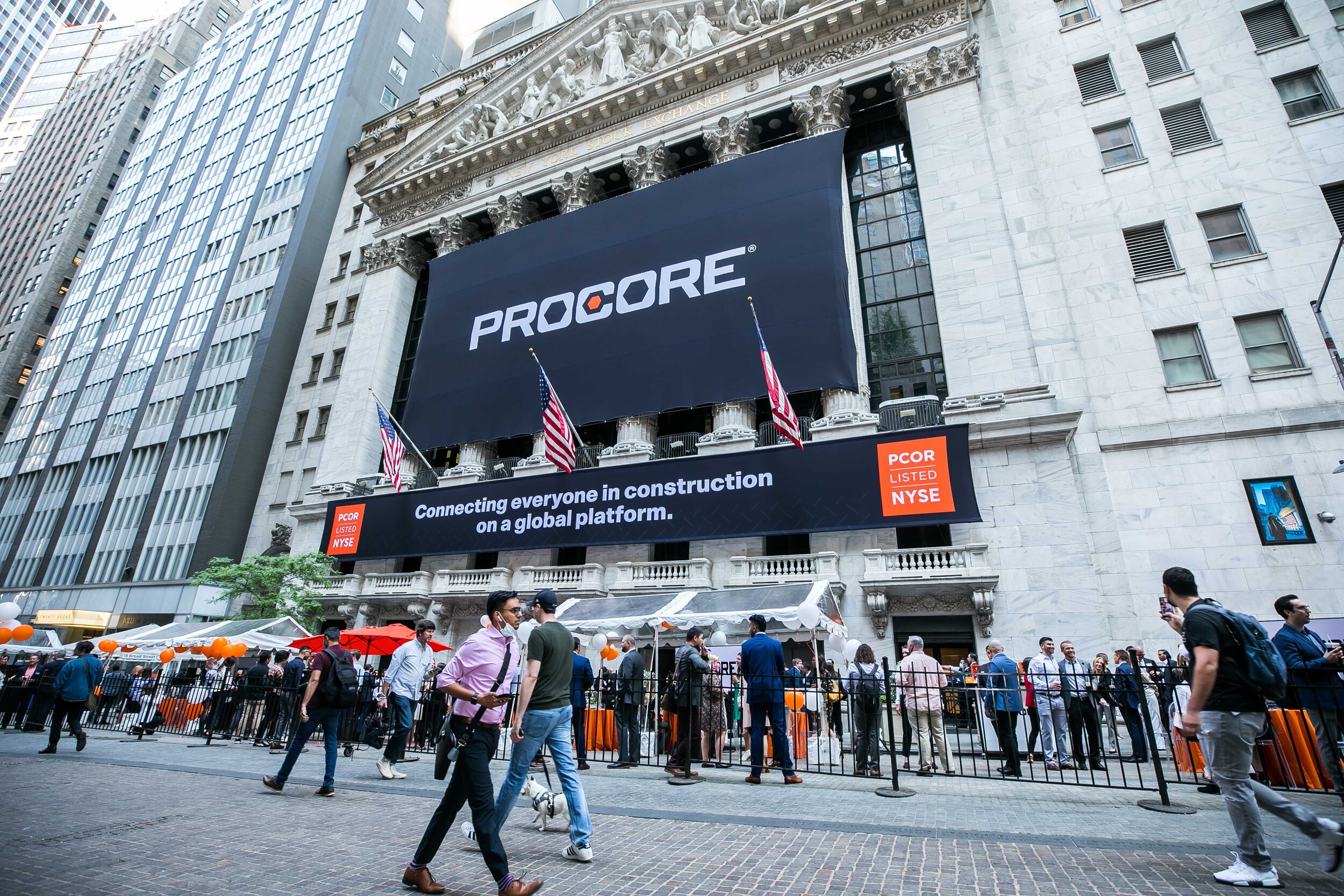We’ve heard a lot of promising developments on construction technologies in the past few years, many of which will not only make the industry more efficient, but create a much higher quality product. Testing this technology inside of a controlled facility, however, doesn’t quite paint an entire picture for how the product will perform on a constantly evolving jobsite.
In addition to the challenge of adapting to jobsite changes, there are currently many silos separating technology brands from working together. That’s slowly beginning to change, as we’ve seen many of the top project management platforms, like Procore, Plangrid, and Bluebeam, allowing integrations of 3rd party applications, some of which are in direct competition with some of their products. Many have realized that if you want a specific technology to stick in construction, you have to make the construction team’s lives easier and more effective.
Oracle Construction and Engineering, a technology company, has recently opened an Innovation Lab in Deerfield, Illinois, where they will work together with several other construction technology companies to “drive digital transformation” in the construction and engineering industries.
“Advances in technology are reshaping the industry landscape at an accelerating pace. Our Innovation Lab enables organizations to experience firsthand how new technologies can help drive better project outcomes in critical areas such as safety, productivity and quality,” said Mike Sicilia, senior vice president and general manager of Oracle Construction and Engineering, in a press release. “We are excited to welcome our current and prospective customers, partners, the academic community and others to our Innovation Lab to help them experience the future of projects.”
There are several companies that we’ve talked about in the past involved in the launch of the Innovation Lab, including Bosch, DAQRI, and Triax.
Bosch has connected power tools and asset solutions, like this GPS tracked jackhammer. DAQRI is the manufacturer of the world’s first smart helmet for construction, which integrates augmented reality on the jobsite. Triax has developed a worker-worn sensor that can detect hazardous conditions, like the presence of carbon monoxide, or determine if a worker has suffered a slip, trip, or fall.
Other companies that were a part of the launch were: Autodesk’s Assemble Systems, a BIM enhancer; HERE, which uses location tech to manage fleets or autonomous driving; Jovix, an RFID asset management solution; and Reconstruct, a visual tool for project management.
Bosch shared a quick video of the Innovation Lab on their Instagram page for those interested in seeing what the simulated project worksite looks like:











In the midst of fierce discourse over the bipartisan infrastructure bill lies a unique opportunity for the United States.